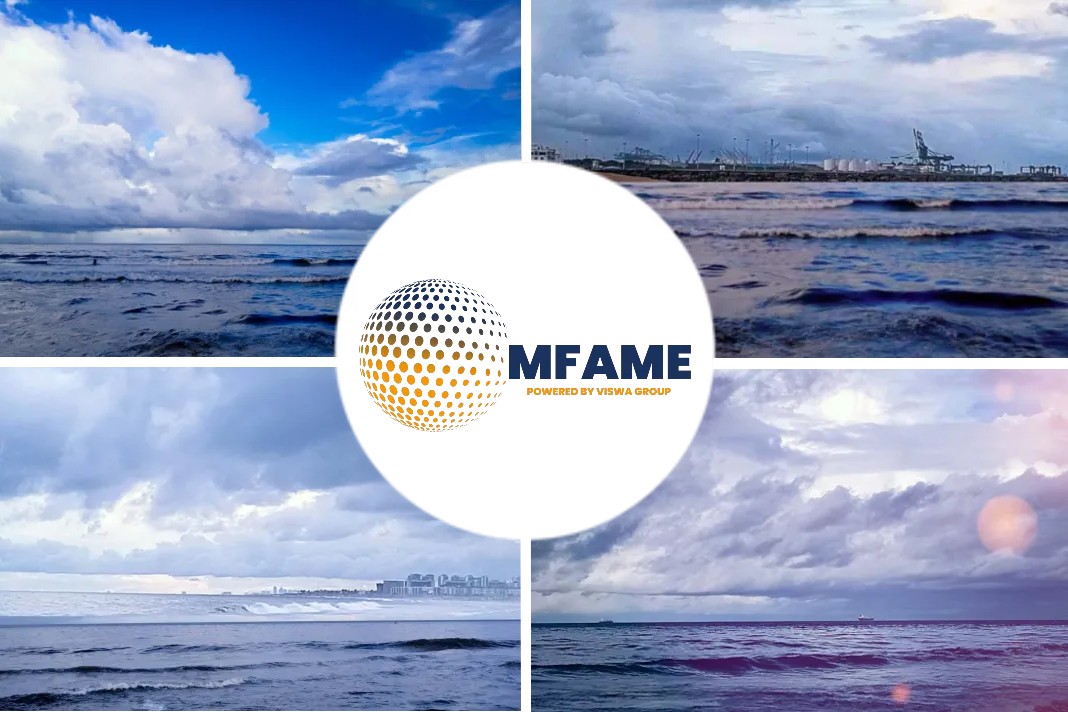
MTI will participate in the Joint Technological Development Program for the Demonstration of Fully Autonomous Ships under the MEGURI 2040 Fully Autonomous Ship Project (hereinafter MEGURI2040) administrated by the Nippon Foundation, as a member of the Designing the Future of Fully Autonomous Ships Plus consortium (hereinafter DFFAS+), which comprises 51 companies based in Japan, says an article published on their website.
Program Overview
On July 20, the Nippon Foundation held a seminar on MEGURI2040. At the seminar, an overview of the second stage of MEGURI2040 and the project’s initiatives were presented.
This program is positioned as the second stage of MEGURI2040, which started in 2020, and aims for full-scale commercialization of fully autonomous ship technology by 2025, which was developed in the “Joint Technological Development Program for Demonstration of Fully Autonomous Ship,” which was carried out as the first stage, in cooperation with the Nippon Foundation.
The program will aim for full-scale commercialization of fully autonomous ship technology by 2025, with four goals.
1) Demonstration test
In addition to designing next-generation ships that will support the coastal shipping industry in the future, a demonstration of ship-land operations will be conducted to simulate the future coastal shipping industry that will be supported by fully autonomous ships. The demonstration will use four different types of ships (a newly built full package container ship; with a fully autonomous navigation function, an existing container ship, a RORO cargo ship and a remote island route ship; with some autonomous navigation function) and two Fleet Operation Centers.
2) Standardization of developed technologies
To refine the fully autonomous ship technology developed in the first stage, and by standardizing these technologies into international standards, to strengthen Japan’s maritime industry and lead the international competition in fully autonomous ship technology.
3) Reinforcement of development process infrastructure
Based on the development process infrastructure established in the first stage, reinforce it further by upgrading simulation technology, generalizing risk assessments, etc.
4) Social implementation
To commercialize an autonomous navigation function (including a land-based monitoring system) and establish a certification scheme necessary to commercialize the function.
In addition, to improve the environment for social implementation, we will utilize our knowledge of technological development to establish international and domestic rules for fully autonomous ships, examine human resource requirements and training methods to accommodate new working styles, study the use of deregulation and other methods to ensure the continuous commercial use of fully autonomous ships, and examine insurance and freight rates for fully autonomous ships.
Did you subscribe to our daily Newsletter?
It’s Free! Click here to Subscribe
Source: MTI
















